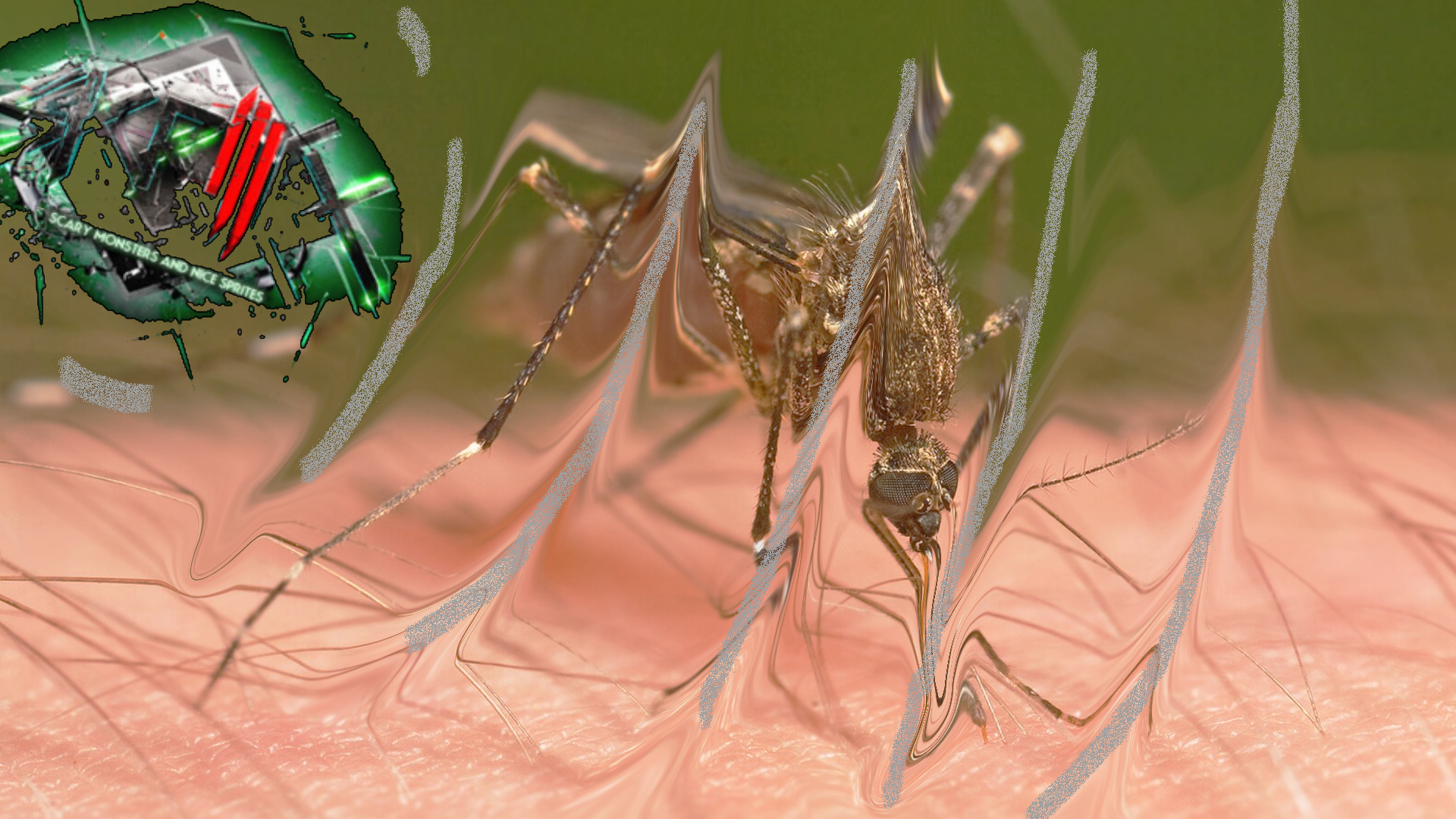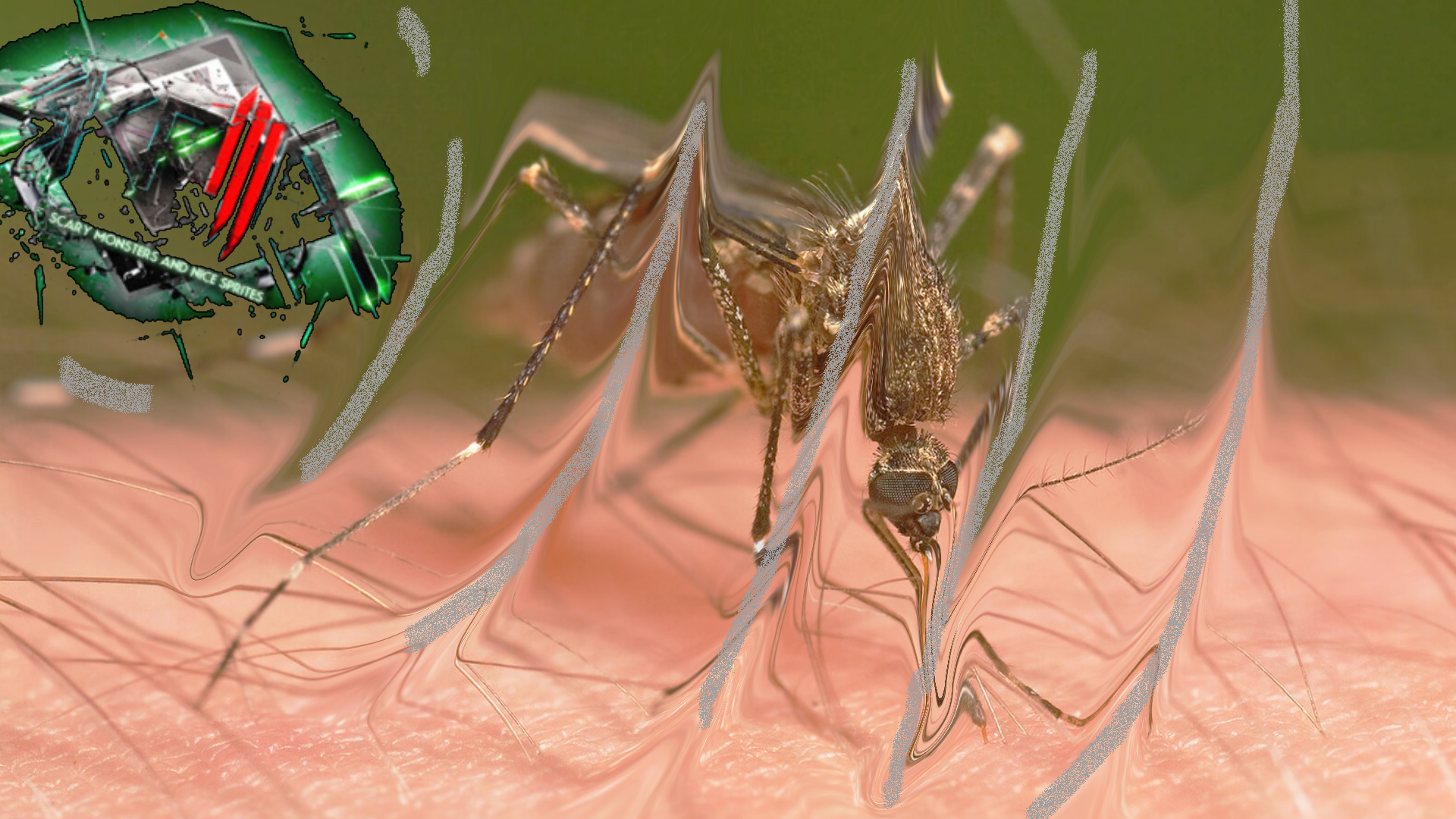As a 2019 study resurfaces on social media, people are finding new (arguably) non-lethal insect repellants.

For as long as humanity has had to deal with the blood-sucking micro predators, we've been trying to come up with new ways to avoid them: From applying eucalyptus oil, to securing homes with windows screens to directly subjecting them to chemical warfare, mosquitos have managed to endure most of what we could throw at them.
But there's apparently one thing they simply can't withstand: Dubstep.
Findings Of Dieng et al.
While all insects react to different frequencies, there's been evidence that mosquitoes are especially susceptible. Based on this assumption, a team of scientists surrounding Hamady Dieng conducted a study where they compared the behavior of a disease-carrying mosquito species – which can be found anywhere from North America to Brazil, Central Africa, India and Southeast Asia – between different sound environments.
The "sound" they used was the 2010 electronic dubstep track "Scary Monsters and Nice Sprites" by Skrillex, an artist renowned in certain communities, like those of certain video games, for example. While the composition was generally well-received by critics and became a relative sales success, the study – first published in a 2019 issue of Acta Tropica – found that for mosquitoes, it's a literal turn-off.
"We used this electronic song in the experiments due to its loudness and
pitch, which are two factors considered to contribute to noisiness. Although we did not assess its amplitude and frequency, the strong sound pressure/vibration and constantly rising pitches emanating from the speaker placed close to the experimental cages indicated that the song was loud and noisy."
After just 10 minutes of exposure, the Skrillex-subjected mosquitoes visited their victims later, less frequently and sucked less blood out of them. Additionally, their mating frequency was decreased compared to their non-Skrillex-listening counterparts.
Possible Application In Real Life
In the discussion of their paper, which can be found here, the team proposed that their findings could be used as a basis for further research in creating music or generally sound-based methods specifically designed to be detrimental to mosquitoes.
"These properties suggest the potential for development of music-based mosquito vector control strategies. As music is loved by many people, the development of music-based anti-mosquito control measures may represent an appealing alternative to strategies involving the use of harmful chemical insecticides."
Previous attempts at using sound as a deterrent – particularly ultrasound electronic insect repellent devices – are marketed, but have so far failed to actually affect mosquito behavior in any study.
Considering this, do you think that more could come from these findings? Especially considering the possible effects, this newfound virality of the study may bring with it? Let us know in the comments below!


































